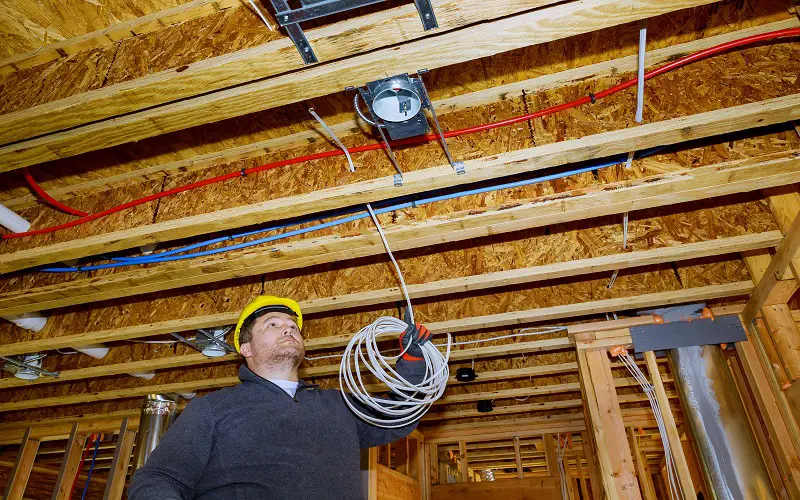Trade work is the backbone of modern America. Pioneering technologies are built off the back of good, earnest hard work, undertaken by blue-collar workers that quietly toil for the benefit of the nation. Electrical work is one of those quintessential trades – one that we all perhaps take for granted. Soon, that may no longer be the case.
This is because the US has a recruitment problem in the electrical trade. Numerous factors at play have seen trade workers start to dwindle in many industries, though the electrical industry has seen some particularly concerning figures. What is the deal with America’s electrician problem?
Dwindling Numbers
The number of working electricians in the US is not rising at a swift enough rate, according to recent figures. The Bureau of Labor has suggested that there will be 80,000 new electrical trade positions created each year until 2031. But the number of workers has not risen to meet this adequately. The shortage is showing no sign of abating in the coming years, spelling crisis for the US’ infrastructure – not just in terms of maintenance, but also of growth and adaptation to new sustainable technologies.
Anatomy of a Shortage
The shortage has been drawn into sharp focus as a result of the US’ recent sustainability drive. The fight against climate change has been met by recent technological leaps, with solar panel arrays more commonplace and electric vehicles (EVs) all-but guaranteed to be the new shape of the automotive industry.
Demand for new infrastructure has risen apace with these changes. New EV charging stations are required across the country, while green energy solutions are gaining steam amongst both commercial and domestic customers. This new demand has vastly outstripped the onboarding rate for new apprentices in the electrical trade, creating a deficit.
Becoming an Electrician
That deficit is an opportunity for those with even a passing interest in electrical work. If you know your way around a domestic battery holder, you could well be apprentice material. The rising demand for skilled tradesfolk in electrical, alongside rising material costs, makes electrical engineering an extremely lucrative career path – with now being the best time to start.
Becoming an electrician is as simple as becoming an apprentice for an existing electrician or firm. Studying engineering at college can help boost salary potential, but learning on the job is far more practical. The reward is a salary potentially in excess of $60,000 per year – and the option to start your own business after gaining on-site experience.
Learning the electrical trade is also a futureproofing move, where electrical installation and repair skills will continue to be highly sought-after for decades upon decades to come. Developing practical skills in this manner can make for a more actively useful set of professional skills, that give way to guaranteed income for life.




